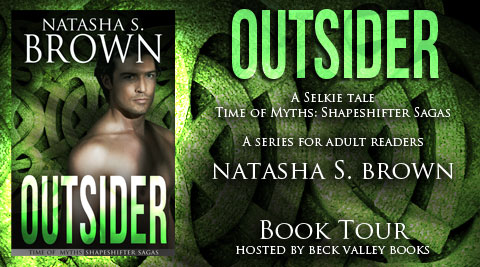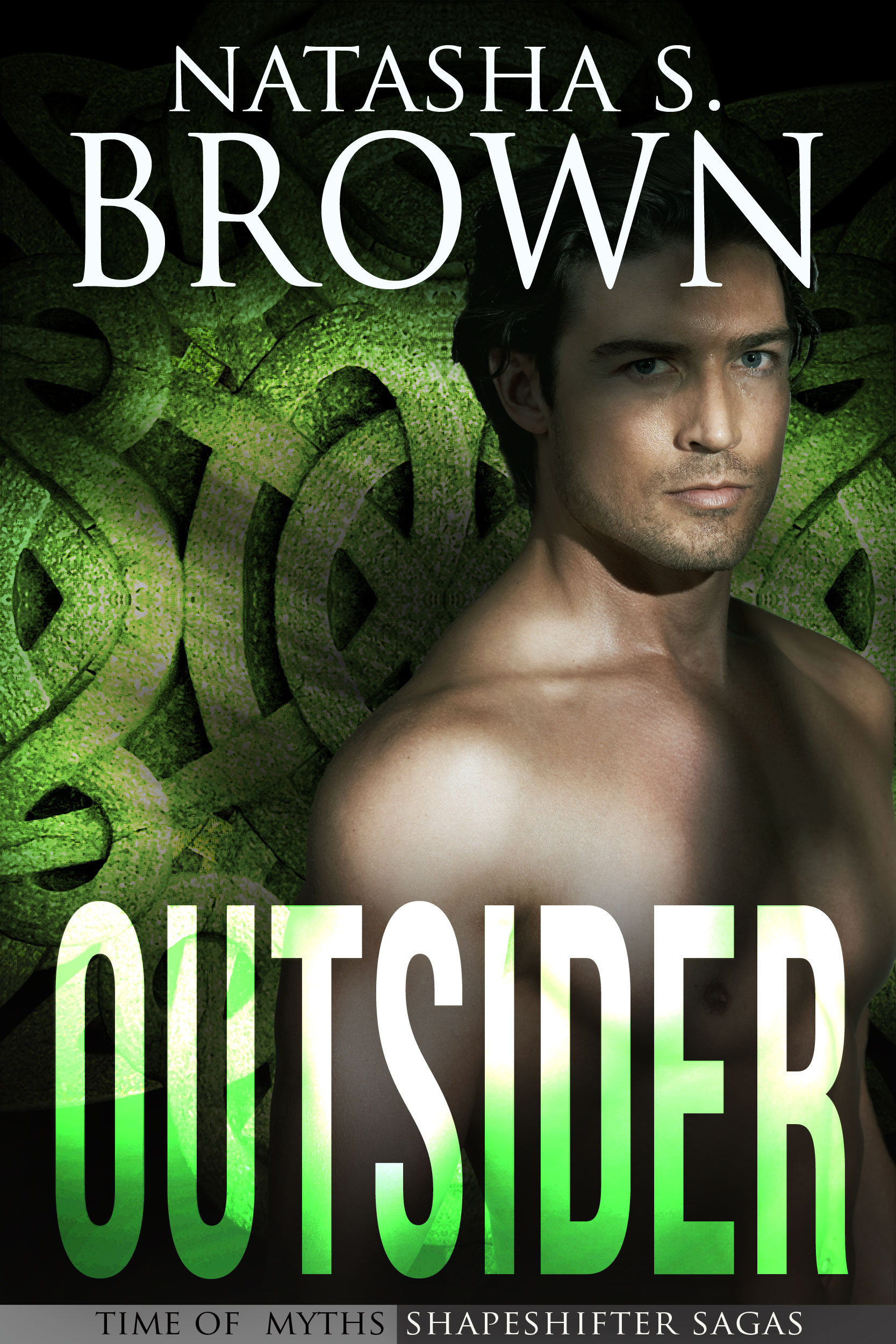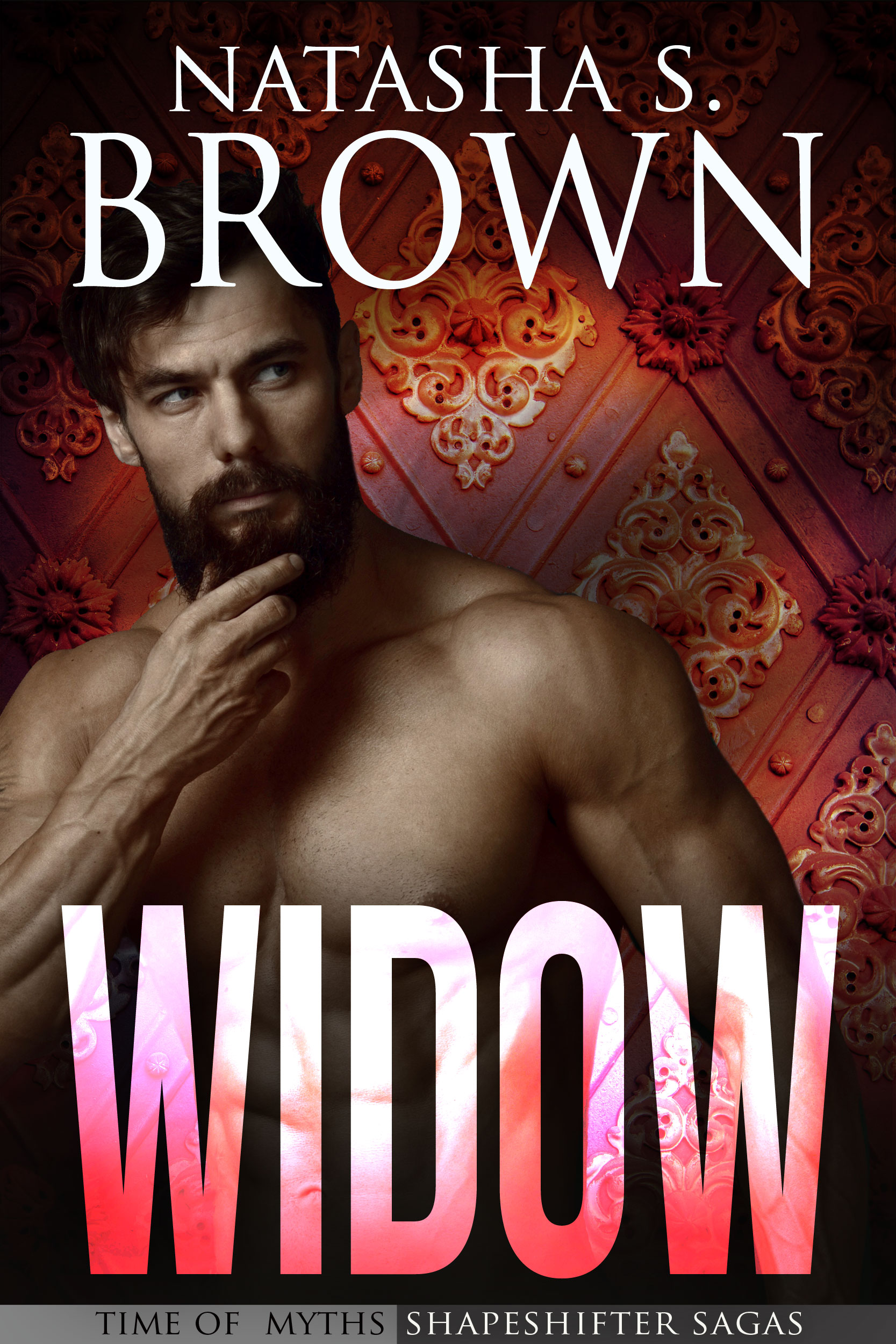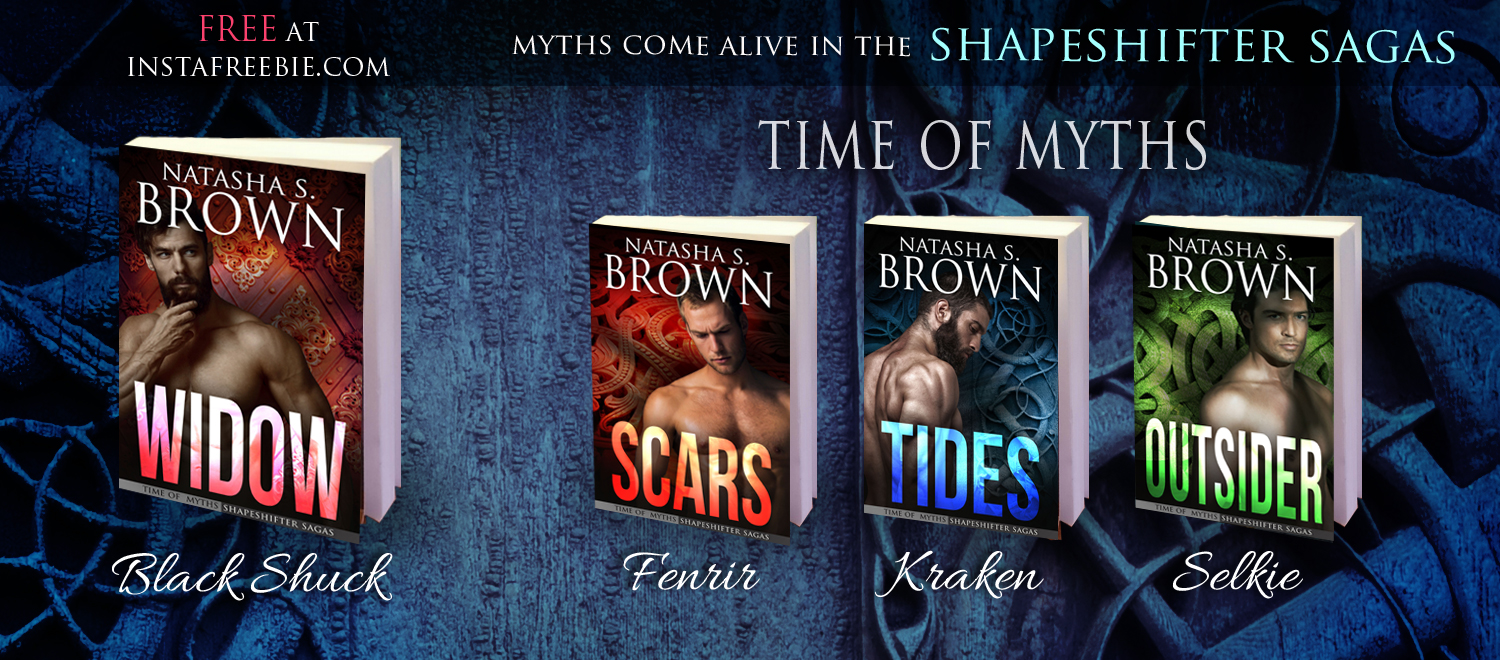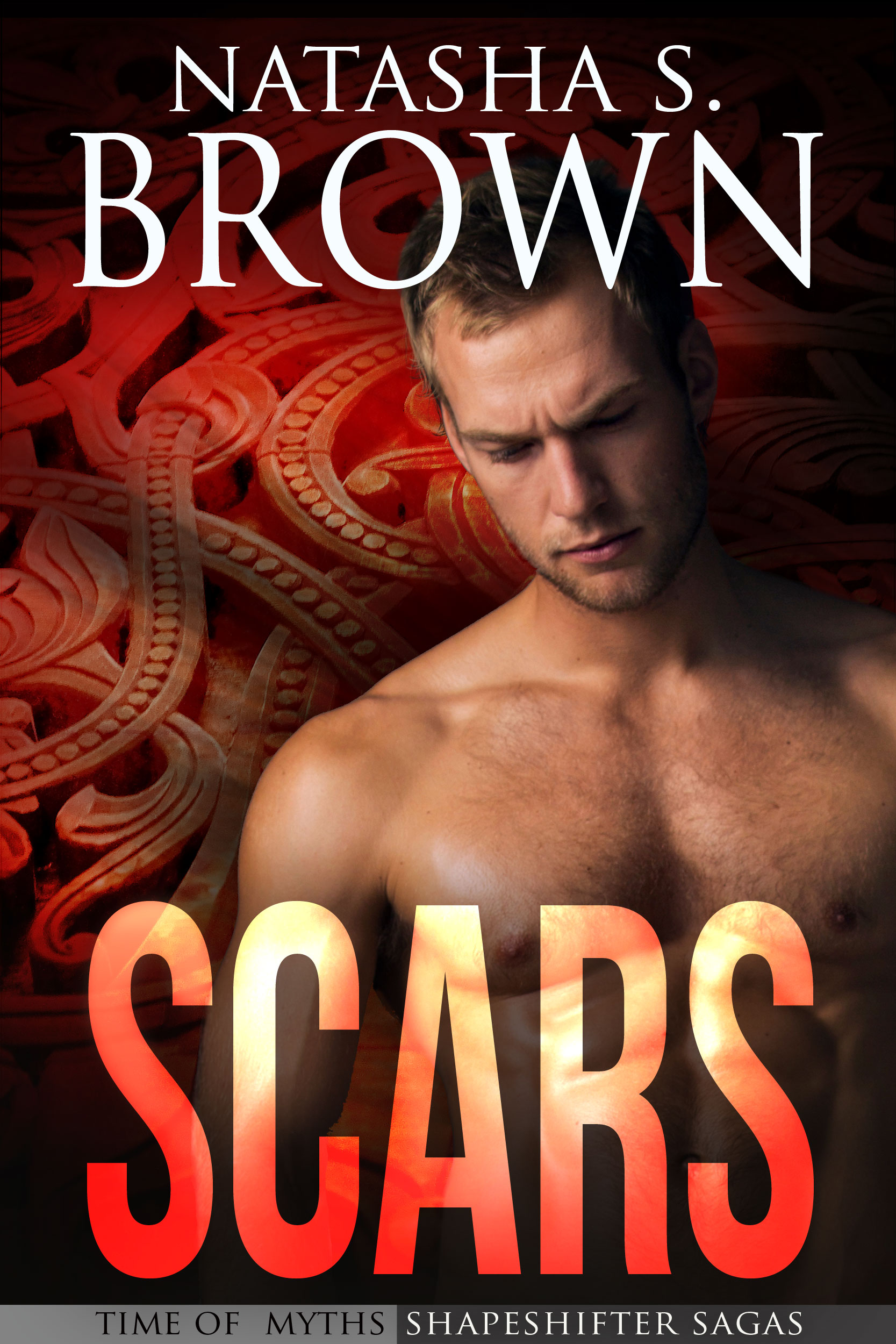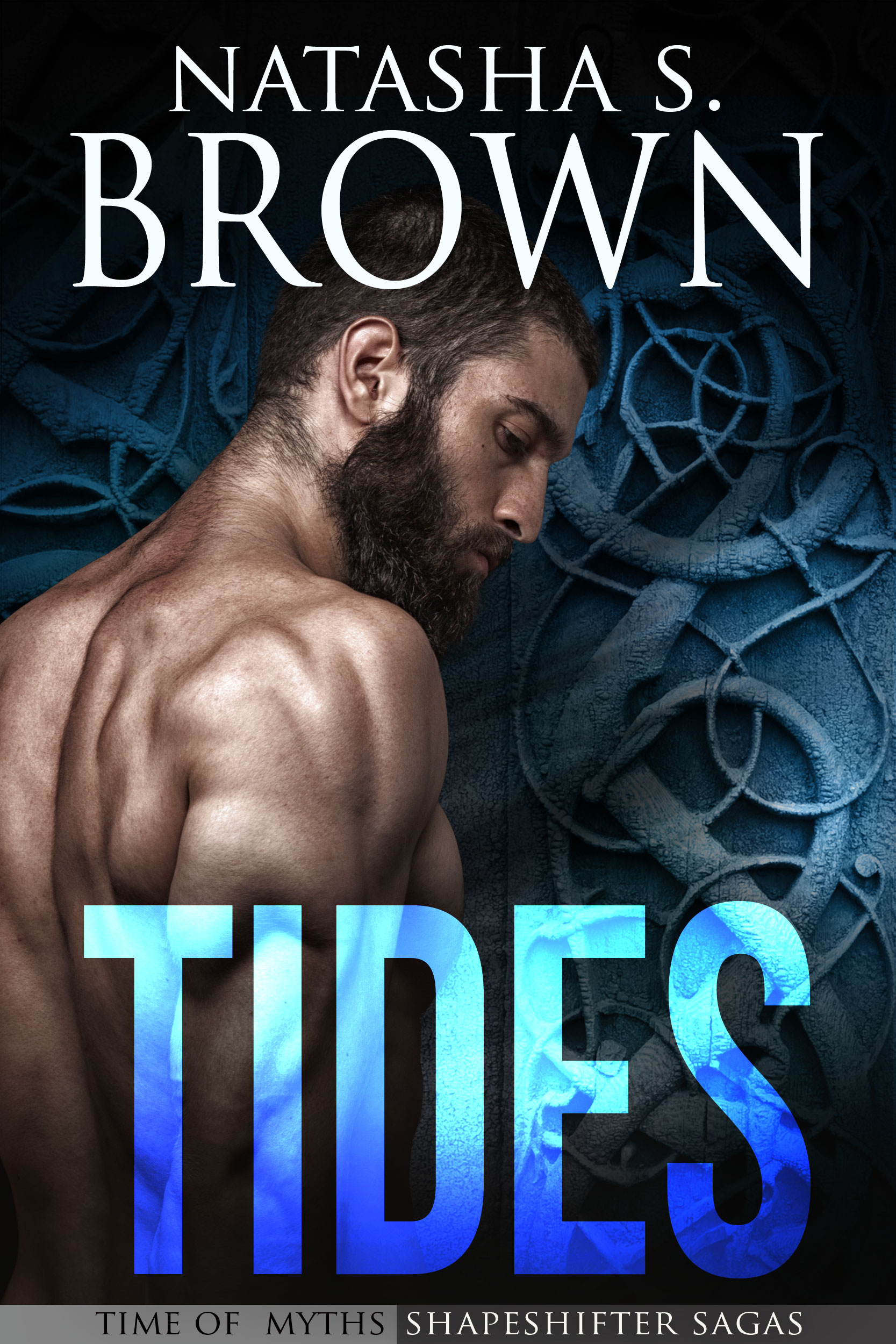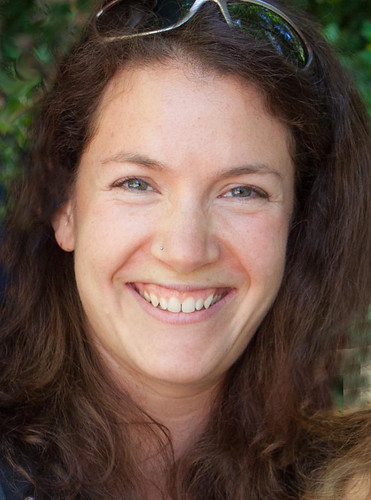 |
| James P. Wilcox, Author A FALL FROM GRACE |
James P. Wilcox just
released his thriller A FALL FROM GRACE about a terrorist attack against the
American Catholic Church. In the belief that plausibility is a key attribute of
suspense, he creates characters that are realistic and "well-rounded humans," whether they are heroes or villains. He typically first
visualizes a scene before writing it and credits this process to his background
as a photographer and reporter.
Today Wilcox is a high school
social studies teacher—an activity he says helps him to envision his story in a
way to tell it to his readers similar to how he tells his students about events in history. He has written two other novels— SEX, LIES, AND THE CLASSROOM and THE M-16 AGENDA in addition to the International
Bestseller MIRACLE CHILD. He is currently working on his fourth novel, and lives
in Kansas City with his wife and three children.
Q: What led you to
think of A FALL FROM GRACE?
James P. Wilcox: I
have been toying around with the idea for A FALL FROM GRACE for several years
now. Honestly, I got the original idea on a Sunday morning, day-dreaming at
church. I was thinking about what would happen if there was a terrorist attack
on my church, during mass. I then started thinking about what kind of person
would stand up to the terrorists. David, the main character of A FALL FROM GRACE, was born in my mind that day.
Q: Your books cross
genres and include poetry, thrillers, and non-fiction. Do you have a favorite?
Do you believe that different writing approaches can help “tell your story”
more readily? That is, can you express some stories better in poetry and others
with fiction and/or non-fiction?
James P. Wilcox: I
know I should probably care about genres and what genre my work falls in, but I
really don’t care about genres very much. I just enjoy trying to tell a good
story and I enjoy writing. Although I published a poetry collection, I wrote
most of the poems during high school and college, as that was the writing
format that worked the best for me at the time. I did include some recent
poems, but poetry simply is not my primary writing format anymore. Anyone who
has read any of my novels knows that they are hard to put in any particular
genre. They are all hybrids, which is one of the reasons I like them so much.
Q: Reviewers of a
previous fiction book highlight your “strong characters.” How do you engage
readers to care about your characters? What makes them strong?
James P. Wilcox: I
try to make my characters as realistic as possible and I try to make them well-rounded
“humans.” I try to show both the good and the not so good qualities of each
character, regardless of whether they are considered the hero or the villain. I
also try to show the motivation of each character. I don’t write a character as
good or as evil simply for the sake of making them good or evil. I try to show
what makes the good or evil and the motivation behind the actions. I spend a
lot of time thinking about and getting to know my characters, which is one of
the reasons it takes me a long time to write each one of my books.
Q: How supportive is
setting to tell your story A FALL FROM GRACE? Could it be told in any time
period or in any city?
James P. Wilcox: The
setting certainly frames the story of A FALL FROM GRACE and it is clearly set
in our present day world. Ultimately though, A FALL FROM GRACE is a timeless
story of good versus evil and the lengths people will go to in order to reach
their goals. The story could hold up, with some adjustment, if it was set in
the past or in the future.
Q: Are you able to
use your background as a reporter, news photographer, or teacher to tell your
stories? Does your background influence your writing?
James P. Wilcox: I
learned how to write as a newspaper reporter and I learned how to think
visually as a photographer. Both of these skills are critical to the writing
process, at least for me. I usually “see” the scene as a picture in my mind
before I actually start writing. Once I have the picture in my head, it is then
simply a matter of describing, in as much detail as possible, what I already
see. As a History teacher, I am telling stories each and every day, but with
time restrictions. Teaching helps me pick out the important information, and I
get to practice telling the story of American history in language that everyone
can understand. I definitely think my background in teaching and journalism
have made me a better writer.
Q: What do you
believe are the key attributes of a thriller? How do you develop suspense in A
FALL FROM GRACE to keep readers turning the page?
James P. Wilcox: I
think the key attribute of a thriller is that it needs to be plausible. The readers
have to believe that the story could actually happen in the “real” world and
the characters have to behave like “real” people. If I put my characters in
completely unbelievable situations, or that react in unbelievable ways to the
situations they find themselves in, then I lose the readers. What I strive to
do is create characters the reader can relate to, and hopefully care about,
then put them in realistic situations, and then let the suspense build around
them.
Q: Does the concept of “hero versus
villain” apply to A FALL FROM GRACE? What are the characteristics of an
effective villain?
James P. Wilcox: There
are certainly characters in A FALL FROM GRACE who can be considered heroes and
some who can be considered villains but I try to spend as much time developing
my villains as I do my heroes. I actually want readers to make a connection to
my villain, as well as my heroes. An effective villain is simply a well-written
hero who made some “bad” decisions, although they may think what they are doing
is right. I try to make my heroes and villains a difference in perspective
because real life is rarely black and white. The world is full of shades of
grey and writing about the gray makes both the heroes and villains believable.
Q: Do you write to
deliver a message? Or do you write only to entertain your readers?
James P. Wilcox: That
really depends on what I am writing. Obviously when I was writing Miracle
Child, which tells the story of what happened when my son Nathaniel was born
sixteen weeks early, I was hoping to convey hope to every parent, to every
family who is faced with a situation similar to ours. I was also hoping to show
the power of faith, of hope, of love, and of family.
When I write fiction, my number one goal is to entertain the
readers. Having grown up as an avid reader, I just love reading a good story
and I hope I can provide readers with good stories that reflect the world we
live in today. I am not shy about what I write about though. Whether it be race
relations, terrorism, or politics, I do hope that my stories will make my
readers ask questions about uncomfortable topics and become more informed.
Ultimately, whether I write poetry, fiction, or non-fiction, I hope the readers
enjoy reading my work as much as I enjoy writing them.
Q: I know you’ve just
finished A FALL FROM GRACE, but what’s next?
I am already working on a follow-up to my debut novel Sex,
Lies, and the Classroom tentatively titled Sacrificing Tyresha. I have also
started a family drama titled Wrestling Louise Braille. On top of that, I have
an idea for a dystopian novel tentatively titled Saving Christ. Of course, I
really don’t think I am finished with David, Alanna, and O’Malley and hope to
continue their story in a follow up to A FALL FROM GRACE. I don’t have a
working title yet, but hope to have one soon.
Q: Tell us about
James P. Wilcox. What do you like to do when you’re not writing?
Not much to tell really. I am a busy husband and dad, who
teaches high school Social Studies during the day and tries to get some writing
done at night between all of the soccer, volleyball, basketball, cross country,
and softball practices, games and meets, Scout meetings, and errand running
that are required each day. In what little free time I have, I enjoy watching
(or listening) to Kansas City Royals baseball, taking pictures, and reading
books.
About James P. Wilcox
James Wilcox, a former newspaper photographer and writer, is
currently a high school social studies teacher in Kansas City, where he lives
with his wife and three children. James is also the author of novels SEX, LIES, AND THE CLASSROOM and THE M-16 AGENDA, A FALL FROM GRACE, as well as a work of poetry title Musings of a Particular Bear: A Poetry
Collection. He is also the
author of the #1 International Bestseller MIRACLE CHILD. James is currently working on his fourth novel.
ABOUT A FALL FROM GRACE
David never
intended to become a soldier. He planned on following his faith and become a
Catholic priest. The Church, however, had other ideas for his future.
After Father Reed
is found dead in Philadelphia, David is sent by the Vatican to assist Detective
Peter O'Malley in the murder investigation. What they find is a terrorist plot to
unleash a jihad against the Catholic Church in
America.
Racing against time, David and
O’Malley try to prevent a holy war. When his mother and his former girlfriend
become targets, David discovers just how far he will go to protect his loved
ones and his Church.
Excerpt
A dry and blistered hand, with skin browned by near
continual exposure to the sun, reaches out and grasps the scorching metal
barrel of the AK-47 Russian-made machine gun. Giving the barrel a quick tug,
the strap settles more comfortably across his back. Rolling his shoulders
beneath the familiar weight of the weapon, Saladin pulls on the reins and then
reaches into the saddlebag riding along the rich chocolate brown of his
Arabian’s right flank, and pulls out a pair of Bushnell Legend Ultra HD
binoculars. Lifting them to his eyes, he scans the barren valley that stretches
out in front of him, concentrating on the cluster of five mud huts built along
the face of the mountain cliffs, which run along the eastern length of the
valley.
Seen from an elevation of eight hundred feet, the village,
if it can be called a village, appears deserted, but Saladin knows what to look
for. After slowly scanning the valley from north to south, Saladin makes a
slight adjustment to the focus and then settles in for a long look at the
largest hut. After ten minutes, his patience is rewarded by a brief glimpse of
the midnight black hair of a horse’s tail swishing past the northeastern corner
of the hut. Pulling the binoculars from his eyes, Saladin tucks them back into
his pack before standing in the stirrups and swinging his left leg over the
beast’s rump, deliberately climbing off his horse’s back. A smile creeps across
his face as he begins leading the animal down the barely discernible track
among the rocks to the valley floor.
Quickly dropping down below the
reach of the sun, Saladin shivers against the chill contained within the
valley’s shadow. Dressed in the salwar kameez—traditional Afghan
clothing consisting of baggy white cotton trousers, which stop just above the
ankles, and a loose-fitting forest-green tunic, which ends just above the
knee—and his pakol, the wide wool hat encircled by a thick rolled brim
made famous by the Mujahedeen during their war with the Soviets, he considers
wrapping himself in his patoos, warm wool blanket, before moving deeper
into the valley.
“Allahu Akbar,” he whispers to himself, ignoring the
chill, while quickening his pace toward his destination.
Moving among the rocks, Saladin runs his upcoming meeting,
the meeting in which he will change the course of Western history, through his
mind. As the undisputed leader of the Ghazwa, a secretive group of
terrorists and assassins whose name specifically refers to the battles led by
the Prophet Muhammad, Saladin has the power to compel select imam, mullahs and
militia chieftains from across the Middle East to gather in this remote location
in Nangarhar’s rugged Khogyani district. As the planner and financier of most
terrorist activity in the Middle East, he has the right to announce the next
phase of jihad, holy war, against Islam’s Western enemies.
Links
Twitter: @m16agenda





